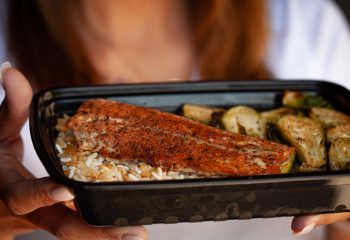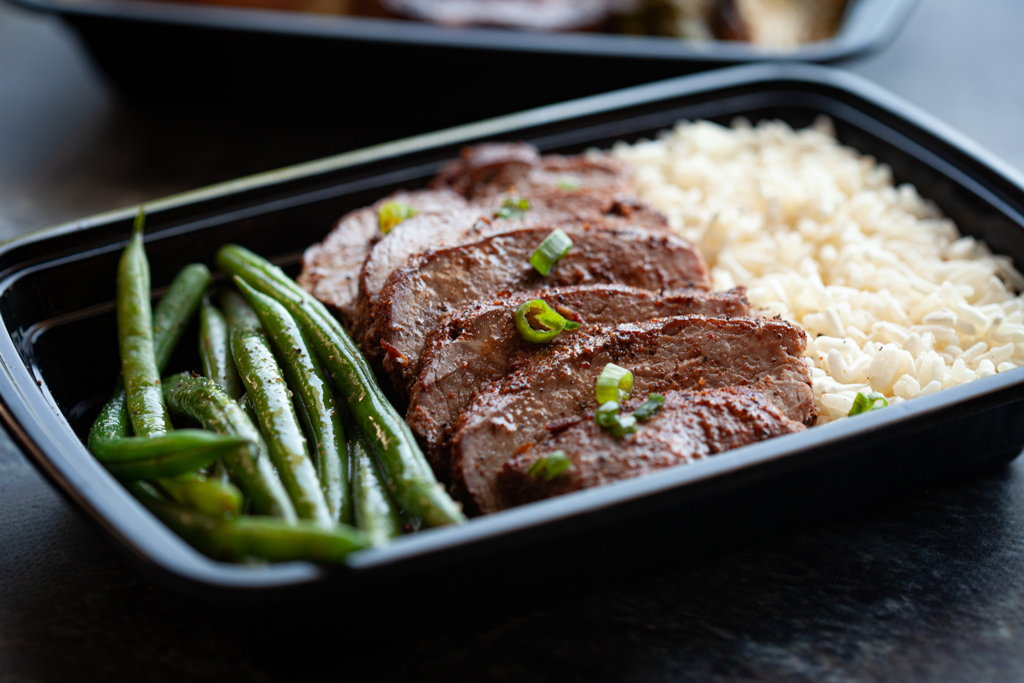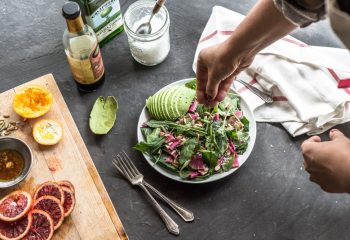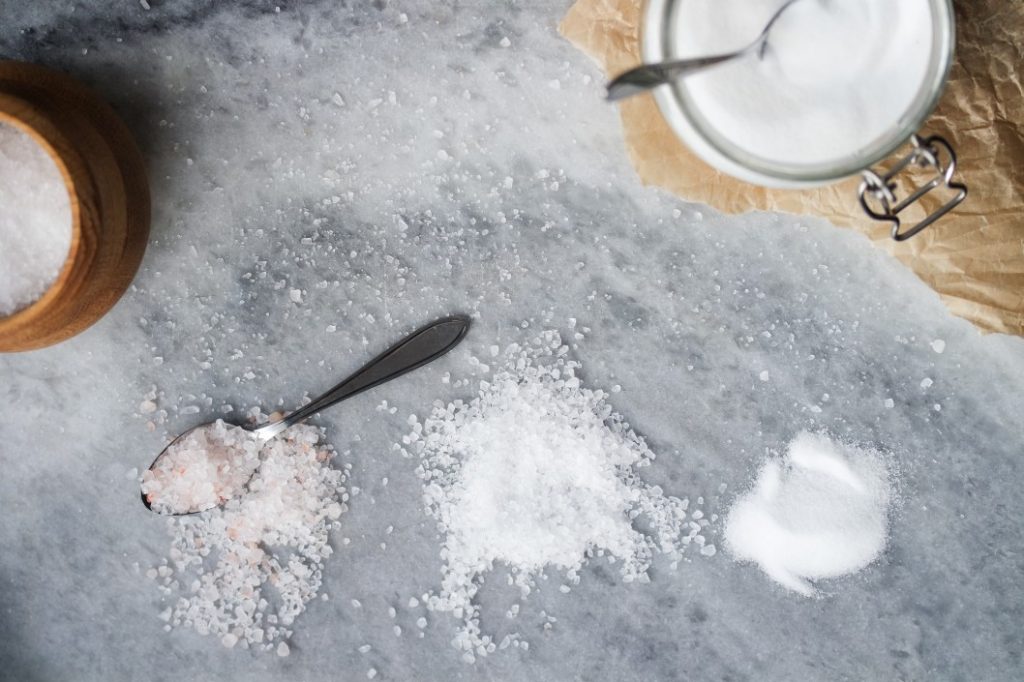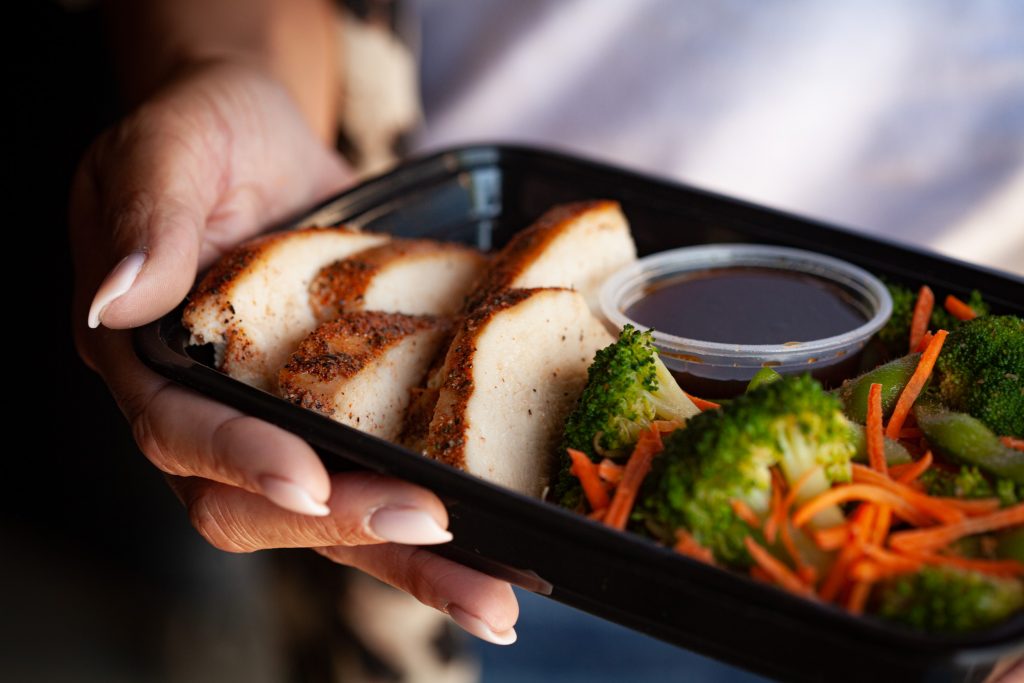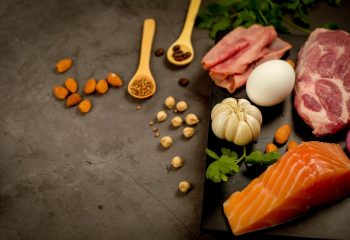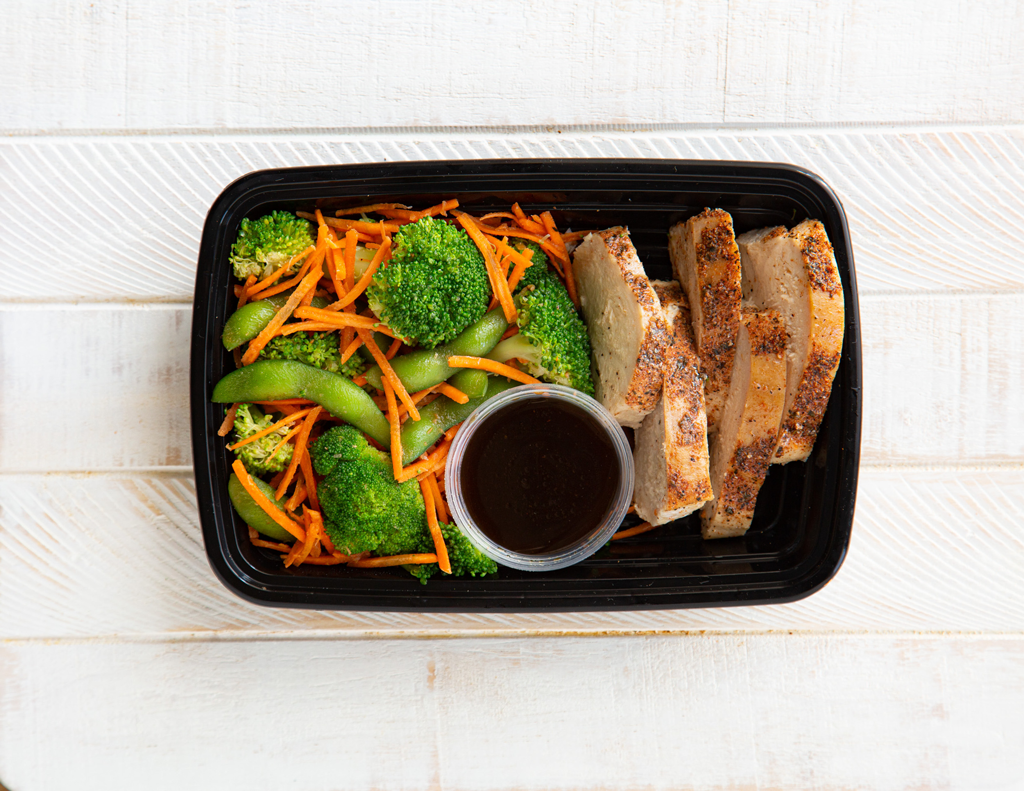Some of us just aren’t planners. The idea of drafting an itinerary, outlining a schedule, or building a meal plan sounds monotonous, boring, or overwhelming. Fortunately, when it comes to creating a meal plan, it doesn’t have to be complicated.
Creating a meal plan that works for you is simple, straightforward, and can supercharge your health, fitness, or weight loss goals. If you want to make sure you’re getting all the nutrients you need, this guide to simple meal planning will help.
Check Your Schedule
It may not be your favorite, but it’s likely that you’ve got some kind of calendar. Between work or school, family, and friends, keeping your days in line just makes life flow easier. Each week might be slightly different, but checking your schedule will give you some sense of how many meals you need to plan for. If you have a standing lunch meeting on Tuesdays, a date on Friday, and a Sunday brunch with family, you won’t have to plan for those meals. When you know how many meals you need to prepare each week, you can start building out a real meal plan.

Choose Your Recipes
Let’s say that you’ve found out (by checking your schedule) that you need to prepare five lunches and three dinners next week. That’s an excellent place to start, but knowing when you need to eat doesn’t equal knowing what you’ll prepare. Choose recipes that you’re comfortable with and that you’ll enjoy. This is also a good time to check and ensure that, throughout the week, you’re eating a balanced diet and getting the nutrients that you need. Work in plenty of whole-grains, fruits, and vegetables.
Make a List
After you know what meals you’ll be preparing throughout the week, it’s time to draft a grocery list. Check your pantry and fridge for ingredients that you might already have on hand. Whatever you need for meal prep can be picked up at the store or ordered through a grocery delivery service. It’s important to make a list for several reasons. You definitely don’t want to forget anything. Also, making a list is a way to double-check and ensure you’re eating a balanced diet. If you don’t have whole foods or enough vegetables in your diet, you’ll see it in black and white.
Having a meal plan that works for you can revolutionize your nutrient. That’s why Fit Five Meals has made it even easier. With an entire menu of food to choose from, you can get all the meals you need in one place, making creating a meal plan that works for you even easier.

